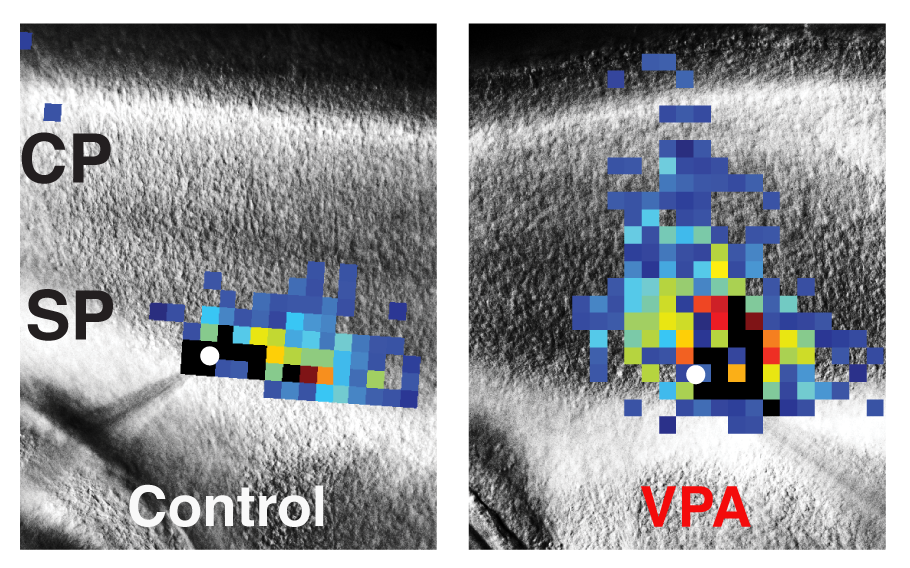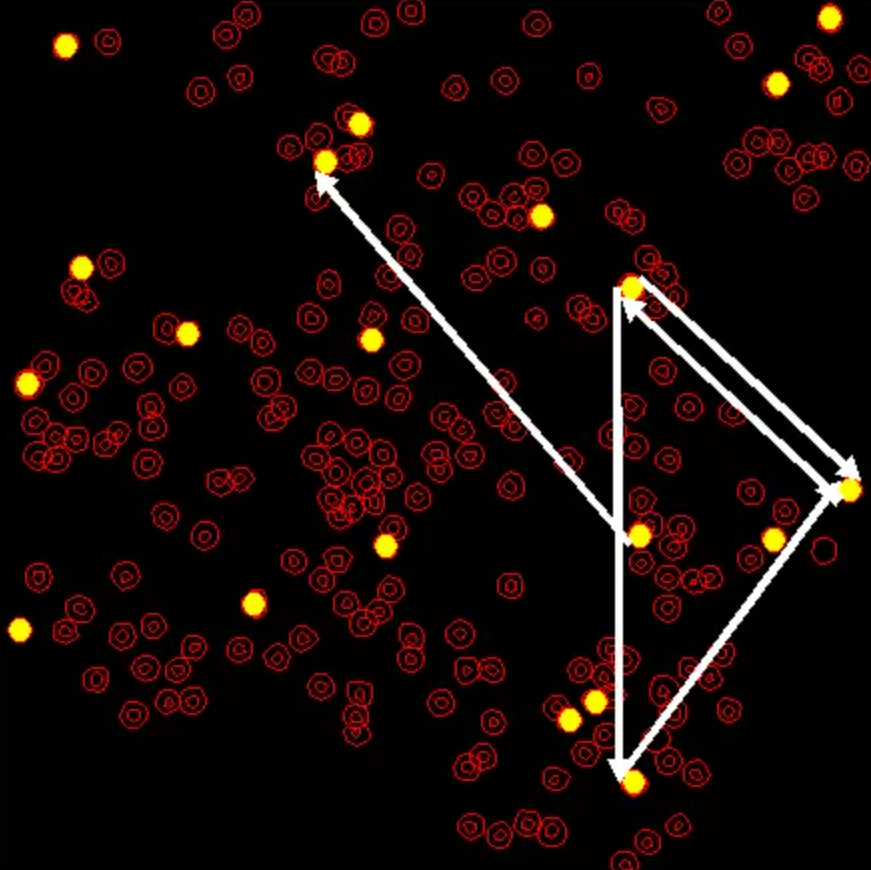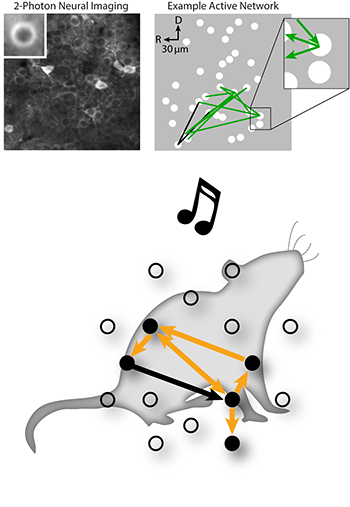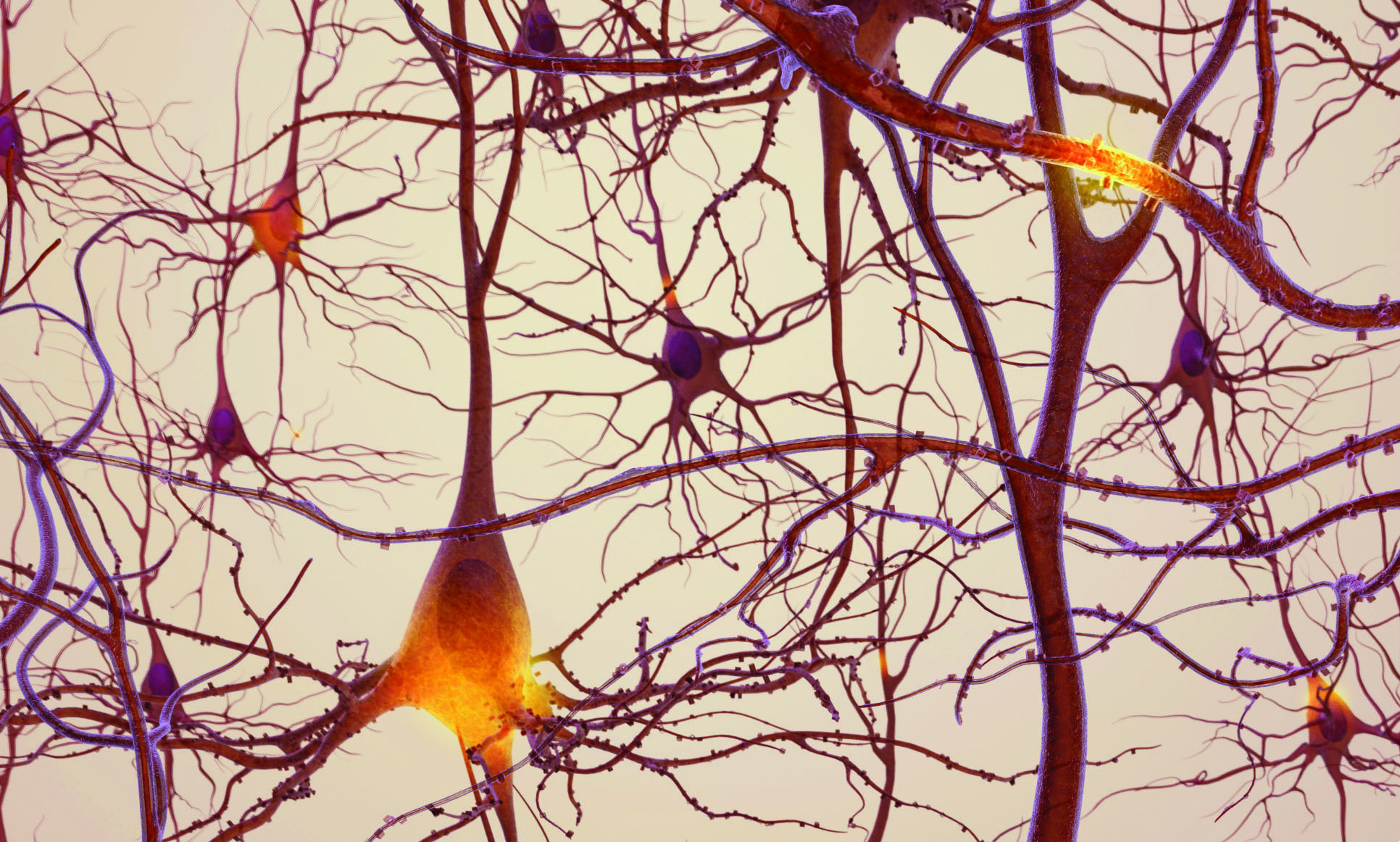News Story
Kanold, Krueger awarded MPower seed grant to study early pregnancy brain development and autism
ISR-affiliated Associate Professor Patrick Kanold (Biology) is teaming with Professor Bruce Krueger of the University of Maryland Baltimore School of Medicine’s Physiology and Psychiatry departments on a UM Research and Innovation Seed Grant.Their project, “The role of early brain circuits in autism,” will study how errors in brain development during early pregnancy may contribute to autism.
Autism is a neurodevelopmental disorder characterized by abnormal communication and social interactions as well as stereotyped, repetitive behaviors. Although the symptoms become evident in late infancy, considerable evidence suggests that errors in brain development during early pregnancy cause autism.
During the first trimester, the first neurons of the cerebral cortex and hippocampus are generated and form primitive neural circuits that are transformed into the complex circuitry of the mature brain. Errors in these developmental processes are postulated to cause autism.
The incidence of autism is 10-fold higher when the mother takes the anti-epileptic and mood-elevating drug, valproic acid (VPA), during early pregnancy. Similarly, when VPA is administered to pregnant mice, their offspring develop autistic-like symptoms; consequently, fetal VPA exposure is a widely-used animal model for the disorder.
Kanold and Krueger will examine effects of VPA on the production, migration and survival of newly-generated neurons in the fetal mouse cortex and hippocampus (Krueger), as well as the formation and function of early cortical circuits comprising these neurons (Kanold). They will test the hypothesis that VPA-induced errors in the production of cortical neurons and their incorporation into functional neuronal circuits during fetal development cause autistic behavior. The research will provide a clearer understanding of the causes of autism and may lead to improved strategies for its prevention.
About the UM Research and Innovation Seed Grant Program
This program promotes structured collaboration between the University of Maryland’s College Park and and Baltimore campuses, and advances the institutions' joint goals in research and innovation. In particular, it fosters creative teams of investigators working across disciplinary boundaries and campuses; supports new research foci and the underlying basic science to pursue future health care improvements and/or technologies; and stimulates submission of innovative basic and translational science research proposals to federal, public or private funding agencies.
Projects include but are not limited to those in the fields of personalized medicine, bioinformatics, bioengineering, complex therapeutics, health care optimization, public health informatics, health information technology and health science research. The 2013 seed grants via MPowering the State are each worth up to $75,000.
Published September 1, 2013





